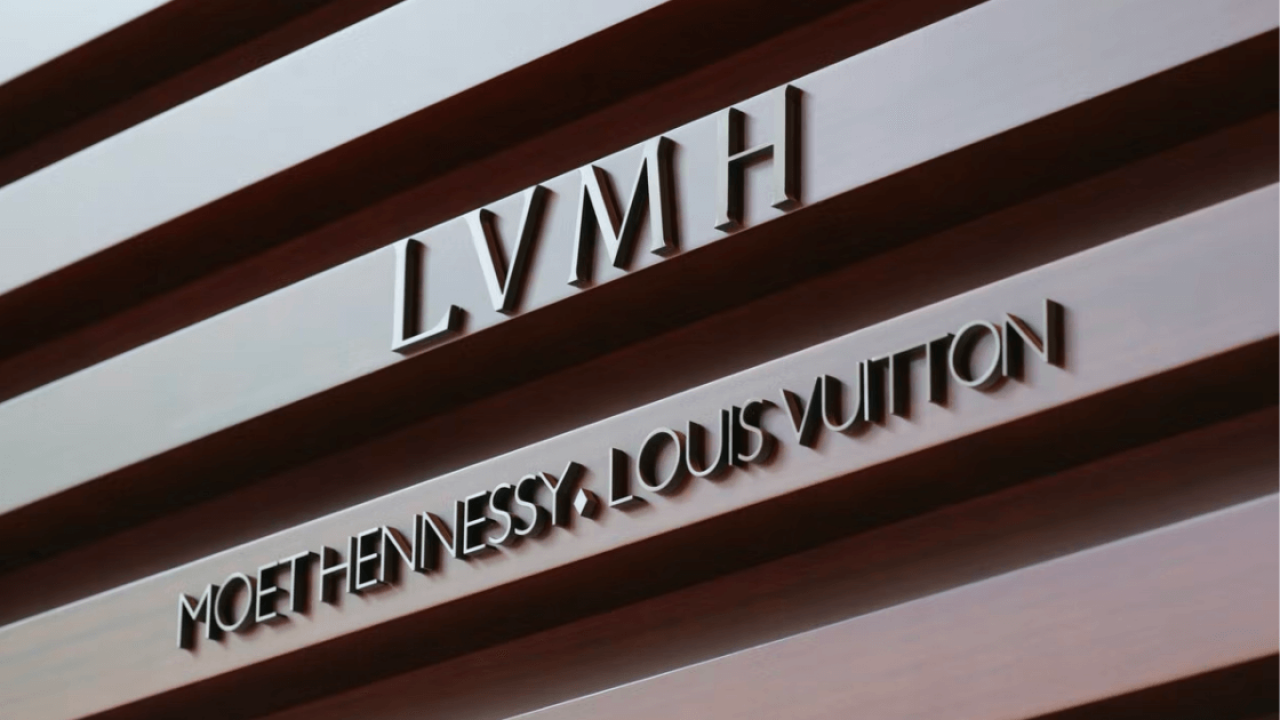
According to data from the United Nations and the Ellen MacArthur Foundation, the global textile industry consumes a staggering 93 billion cubic meters of water annually. While LVMH, the luxury goods conglomerate, did not disclose its current water consumption, it acknowledges that water is a "strategic resource" and an "essential component of the group's activities." Water plays a vital role in the production of wine, spirits, perfumes, cosmetics, as well as raw materials used in ready-to-wear and leather goods.
Although LVMH has not provided specific figures, some of its brands have already achieved the water conservation goal. Hennessy and Loro Piana, for instance, have successfully reduced their water consumption by 25% since 2019. Loro Piana accomplished this feat through the implementation of wastewater recycling equipment at its primary factory.
Building upon these achievements, LVMH aims to extend its water preservation pledge to all 75 of its prestigious houses. Additionally, the company intends to encourage its suppliers to follow suit by promoting regenerative agriculture practices.
Some of LVMH's brands have obtained certifications such as LEED (Leadership in Energy and Environmental Design) for their sustainable buildings and facilities. LVMH also promotes transparency and sustainability through initiatives like the Fashion Pact, which aims to foster environmental sustainability in the fashion industry.

How LVMH Intends to Achieve its Objectives
To realize these objectives, LVMH recognizes the need for enhanced measurement of its water consumption throughout the entire value chain. The company plans to leverage the most efficient technologies for reusing treated wastewater and collecting rainwater at its production sites. It also seeks to adopt manufacturing processes that minimize water usage. Furthermore, LVMH is committed to continuing its regenerative agriculture program, which was initiated in 2021. Additionally, the company aims to raise customer awareness through environmental labeling on its products.
LVMH's water preservation pledge is a crucial component of its comprehensive Life 360 environmental program. This initiative prioritizes circularity, traceability, biodiversity, and the preservation of the Earth's climate. By actively addressing the water challenges within its industry, LVMH demonstrates its commitment to sustainability and the responsible management of natural resources. Through its efforts, the company sets an example for the luxury sector and strives to inspire positive change in the broader fashion and textile industries.